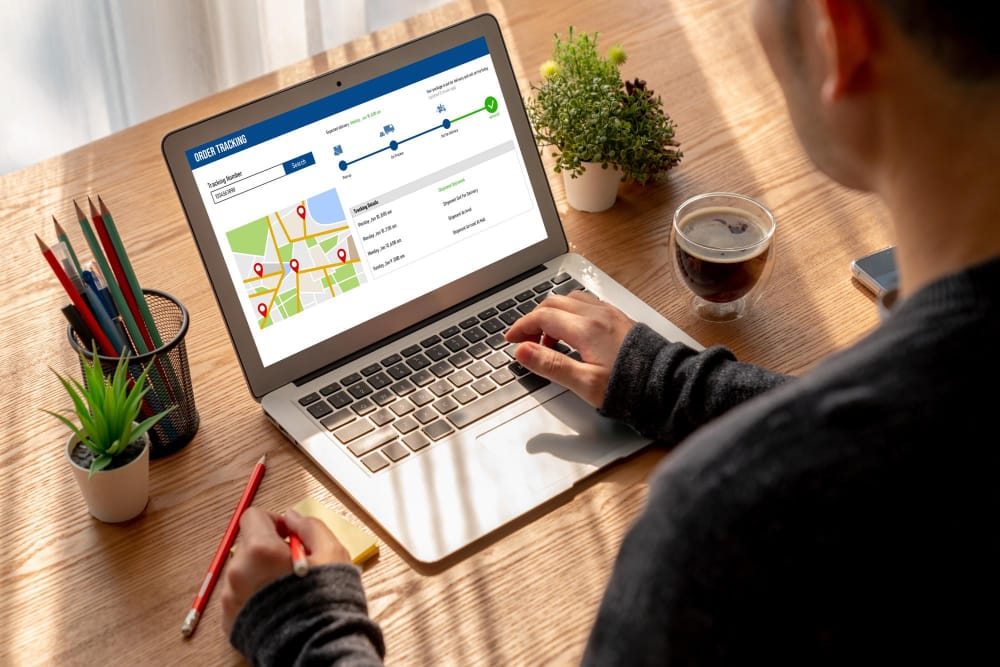The Importance of Local SEO in Today’s Digitally Competitive Landscape
In the current digitally competitive landscape the importance of local SEO is a game-changer for companies that are trying to draw local customers. With the majority of Google search results being local-focused the ability to master local SEO could dramatically impact the visibility of your business as well as growth within your targeted market.
The Basics of Local SEO
Local SEO is focused on optimizing your website’s presence in order to draw clients from local search results. In the center of local SEO is Google My Business, which forms the basis for any local SEO plan. Google My Business profiles have five times the views than standard websites, making it necessary for startup companies. The tool lets businesses be featured in local results of search, Google Maps, and the sought-after “Local Pack” – the most popular local business listing that are displayed in the results of searches.
In the case of startups, local SEO starts by creating and optimizing the Google My Business listing. The process involves providing precise company information, incorporating quality videos and photos and writing an informative company description, publishing regular posts and updating, and monitoring the reviews of customers. The above steps work in tandem to increase your credibility and visibility for local searches.
Building a Strong Local Presence
It is crucial to be consistent in creating a solid local footprint. The NAP (Name Address, address, and phone number) data should be consistent across all platforms. This includes important directories such as Yelp or Yellow Pages, industry-specific directories as well as local business associations as well as Chamber of Commerce listings. The consistency in your NAP aids search engines to verify the legitimacy of your business and increases the likelihood of your business ranking more highly in local searches.
Reviews from customers also are a crucial part of local SEO ranking aspects. Encouraging satisfied customers to leave reviews and responding promptly to all feedback–both positive and negative–demonstrates active business management and builds trust with potential customers. Reviewing reviews is a sign that you appreciate feedback from customers and is committed to providing high-quality customer service.
Keyword Research for Local SEO
A successful local SEO strategy for startup companies is a meticulous keyword analysis focusing on the local market. Instruments such as Google Keyword Planner will help locate local-specific keywords as well as industry-specific terms Long-tail local terms, as well as “near me” search variations. Also, it is important to study local keywords that are competitive to find out what’s happening in your area and find potential opportunities to differentiate. It is important to ensure that your material is compatible with the search terms your intended users are searching for to find companies that are similar to yours.
On-Page SEO for Local Search
Optimizing the elements on your site’s page is vital to successful local SEO. Include location-related keywords naturally in titles and meta descriptions Create landing pages with specific locations and incorporate the local business schema markup in order to aid search engines in understanding the importance of your company’s location. Embed Google Maps on your website and optimizing header tags using local keywords will further boost the local SEO of your website. This makes it much easier for Google to link your company with people searching for local services.
Mobile Optimization and Local SEO
The majority of local queries occurring through smartphones, optimizing for mobile users is a must. An adaptive design that functions smoothly across devices speedy loading speeds (under three seconds) as well as user-friendly navigation the ability to call from a click, as well as the ability to format content for mobile devices are vital features of a mobile-friendly website. Making sure that users have a pleasant experience for mobile devices not just enhances the search engine rankings, but it increases your chances of turning visitors into buyers.
Content Marketing with a Local Focus
Producing content that connects with your local customers is another effective method to increase the local SEO. Blog posts that highlight local happenings and stories as well as sharing tales about community involvement, writing neighbourhood guides, sharing the stories of local customers who have succeeded or creating local-specific web pages for services can allow you to reach out to your customers in a way that is personal. This kind of content will not only attract people in the area, but it also shows the search engines that your company is firmly rooted within the local community.
Tracking Local SEO Success
The monitoring of the locally-based SEO performance is crucial for determining whether your SEO is working well and what improvements could be made. Tools such as Google Analytics, Google Search Console and Google My Business insights provide important information on the local market, your search results as well as the metrics of engagement. Local ranking tools as well as review monitoring services will help you keep track of the searches and help you keep your online reputation in check.
The most important metrics to monitor are web page visits from local search and conversion rates for local customers, the amount and the quality of reviews from customers and click-through rate from Google My Business. Monitoring these metrics regularly allows you to tweak your approach to maximize the results.
Implementation Strategy
For implementing a successful local SEO approach, begin with optimizing the quality of your Google My Business account. Completion of all fields in the profile and add quality images. write regular blog posts as well as monitor and respond regularly to comments. In the next phase, you should focus on web optimization through incorporating local keywords naturally, by creating pages with a location specific theme and implementing schema markup and making sure that mobile-responsiveness is maintained.
Content creation should be the top priority by focusing on the creation of local-specific blog posts, sharing the community’s involvement, spotlighting local events, as well as sharing customers’ success stories. It is also important to claim your listings for business, check NAP uniformity, check for the accuracy of your listings, and establish relationships with local businesses to increase your web presence.
Conclusion
Startups, the implementation of efficient Local SEO strategies is crucial to building a local presence as well as driving quality customers. It requires constant effort in many areas. This includes creating an optimized Google My Business profile, producing relevant content for local markets, assuring that your website is mobile-friendly creating and managing the citations and responding to customer reviews.
Implement these tactics today through a thorough audit of your local SEO site, finding points for improvement, drafting an action plan, evaluating outcomes, and then adjusting strategies in response to the results. Keep in mind that SEO for local is a procedure that needs constant attention and revisions. Following these rules and ensuring consistency in the efforts you make, your company will be able to improve the visibility of its local business and draw more customers





